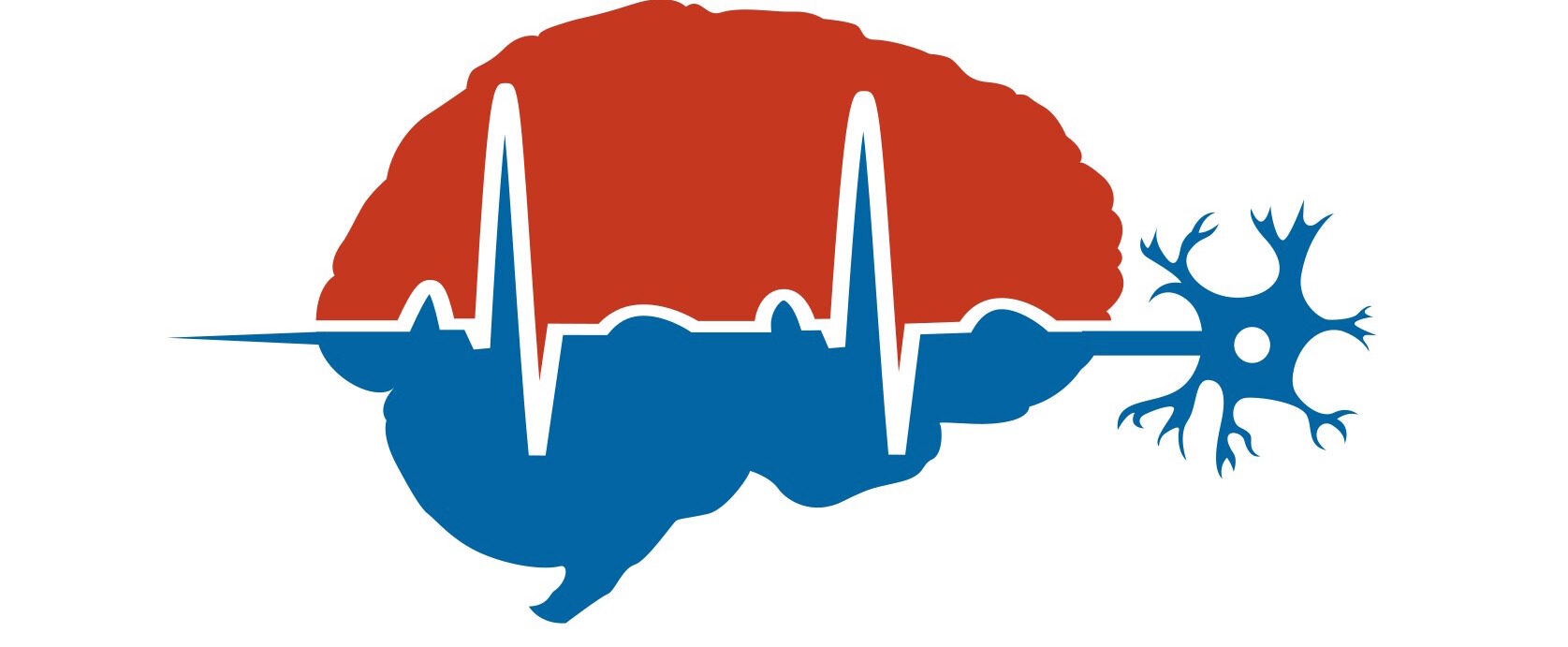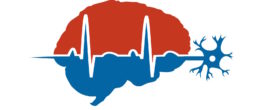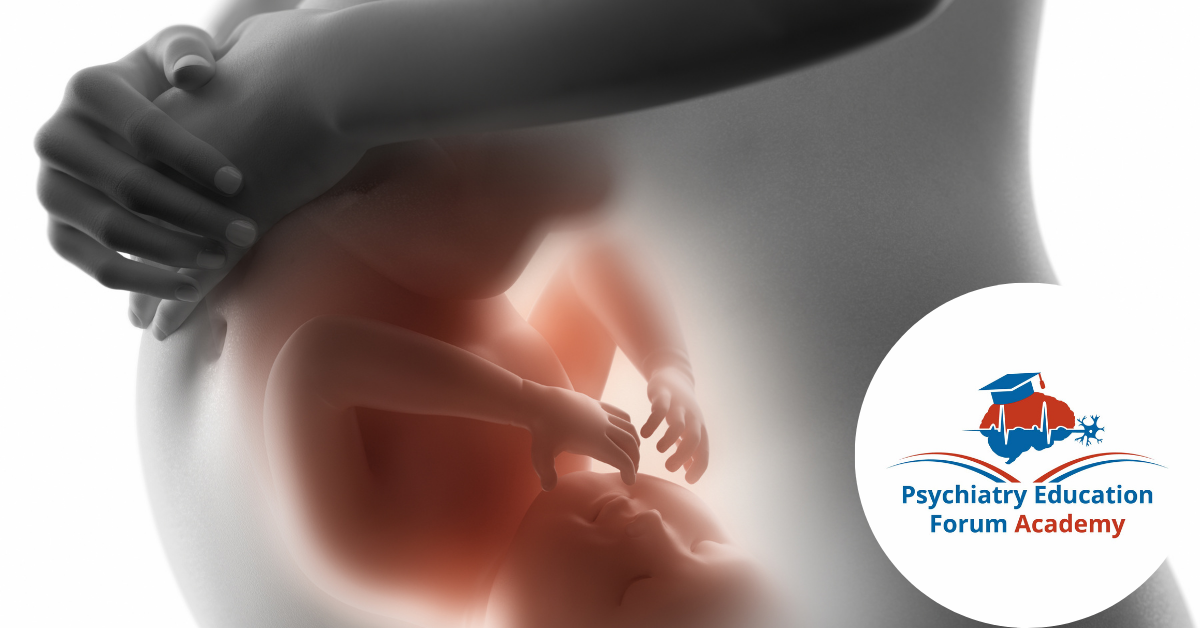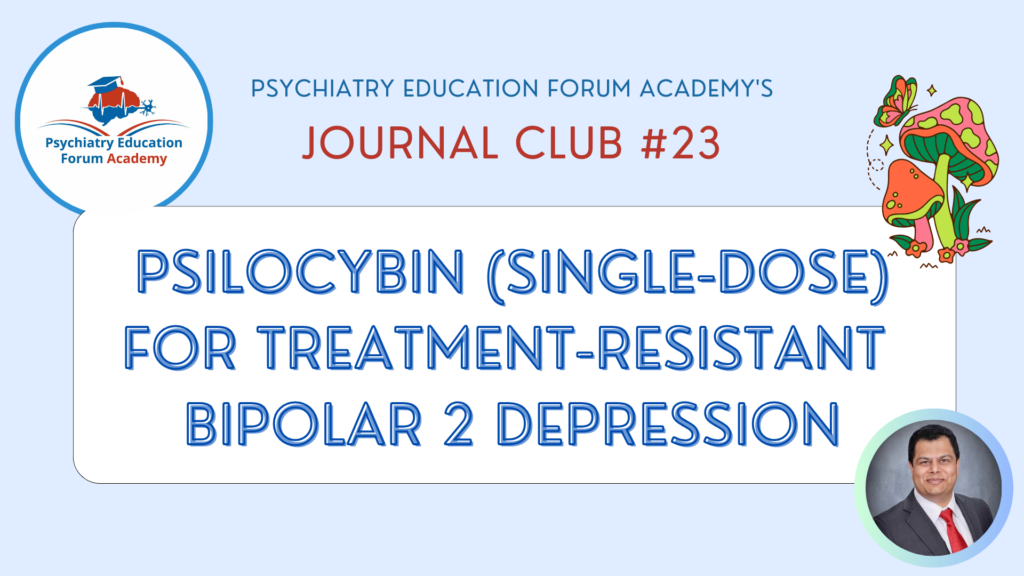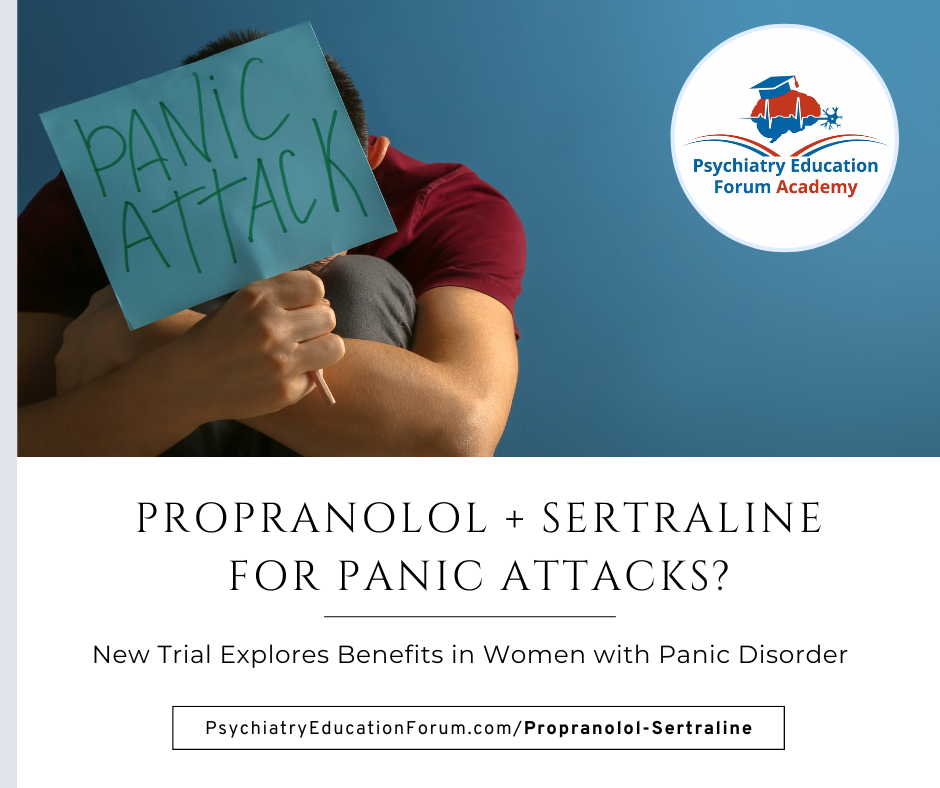RE104 Shows Rapid & Durable Relief in Postpartum Depression
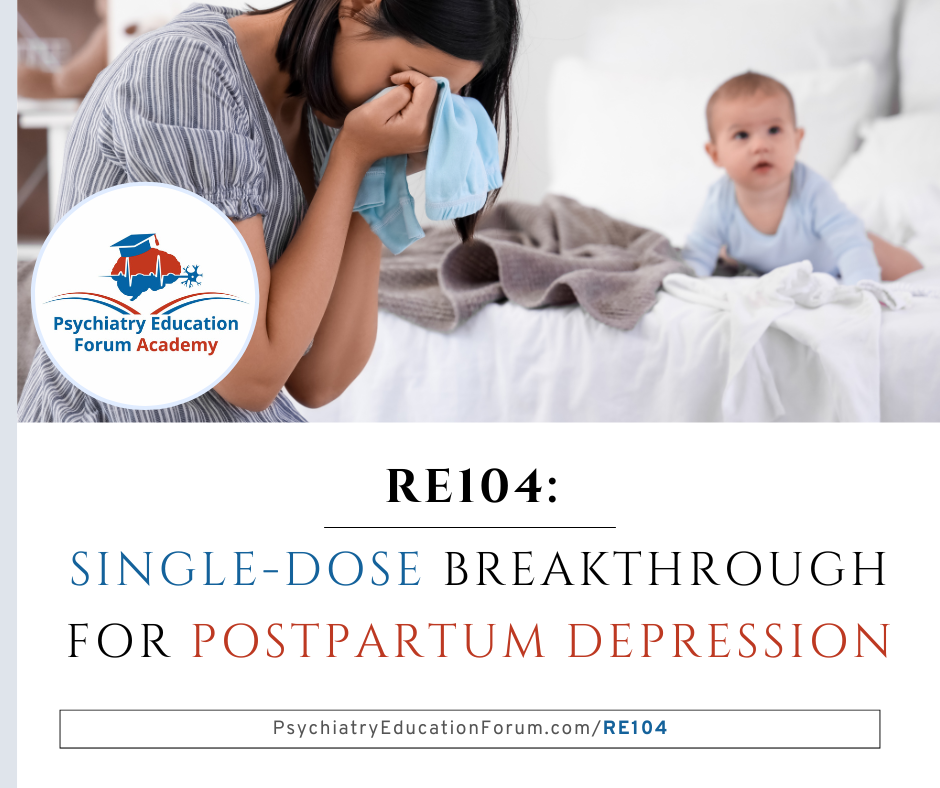
Want the latest research insights delivered straight to your inbox?

Published: August 18, 2025 (Topline Phase 2 Results, Reunion Neuroscience)
Study: RECONNECT Phase 2 Clinical Trial of RE104 for Postpartum Depression (PPD)
Postpartum depression (PPD) affects nearly 500,000 women annually in the U.S., with around 15% of new mothers experiencing moderate-to-severe symptoms. Current treatments—SSRIs, brexanolone, and zuranolone—are limited by delayed onset, high cost, or treatment burden.
- RE104, a novel psychedelic-inspired therapy, is designed to provide rapid, durable relief with a single subcutaneous injection.
- Unlike psilocybin or LSD, RE104 produces a short psychoactive effect (3–4 hours), potentially making it more practical in outpatient care.
Mechanism of Action:
RE104 is a prodrug of 4-OH-DiPT (4-hydroxy-diisopropyltryptamine), a serotonin 5-HT₂A receptor agonist.
Produces fast-acting antidepressant effects similar to psilocybin.
Designed for a short psychoactive window (3–4 hours), reducing caregiver disruption compared to longer psychedelic experiences.
Single-dose efficacy may help overcome adherence challenges common in PPD.
RECONNECT Phase 2 Trial Results:
Design:
- Multicenter, randomized, double-blind, active dose-controlled study (38 U.S. sites)
Population:
84 women
ages 21–45,
average postpartum 7.3 months (range: 1.5-17.7)
HAMD-17 of ≥24
Intervention:
- Single 30 mg subcutaneous dose of RE104 vs
- active control (1.5 mg RE104)
- Psychotherapy: Not provided in this trial
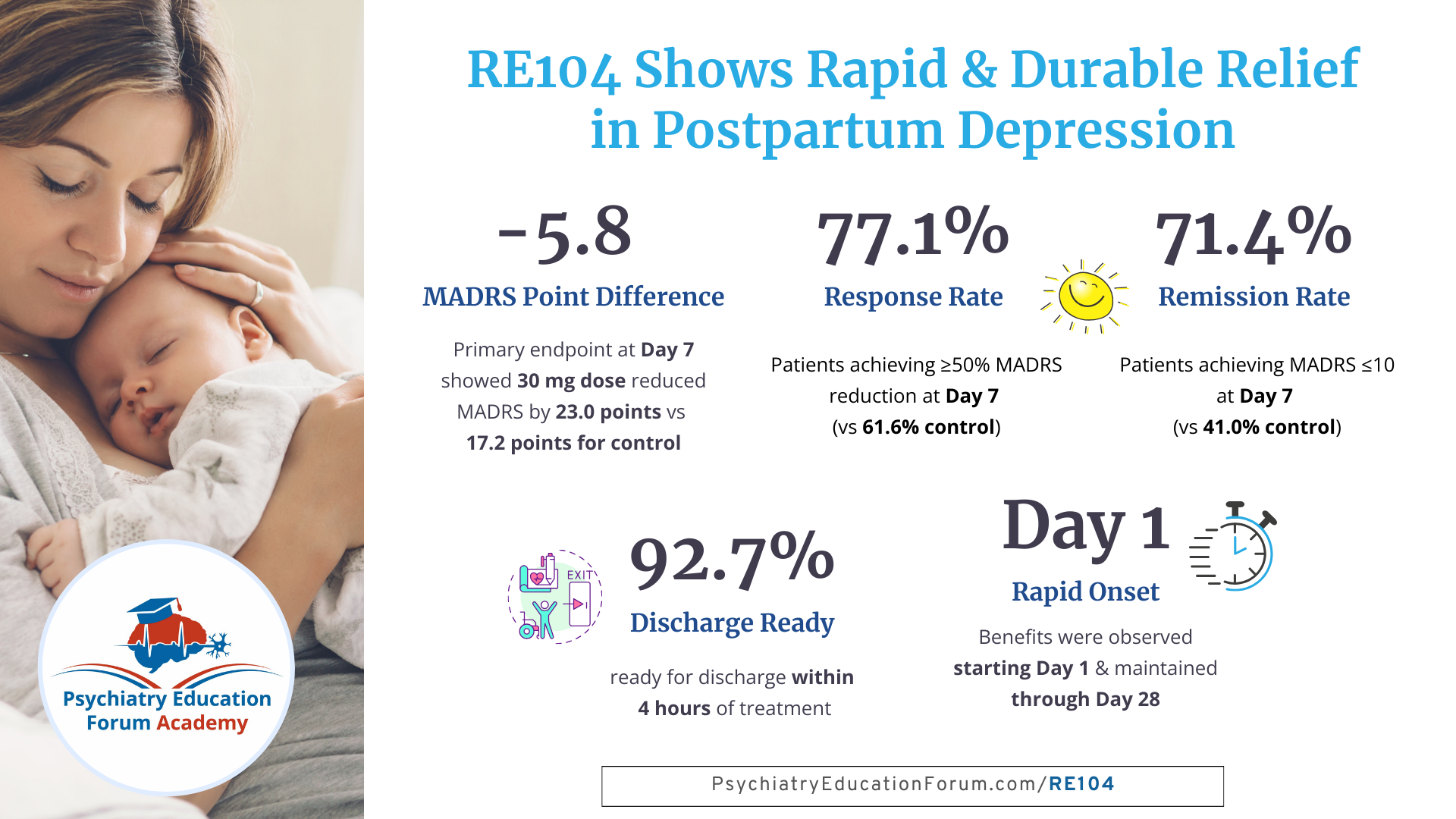
Key Outcomes:
Primary Endpoint (Day 7):
30 mg dose: –23.0 MADRS points
Control: –17.2 MADRS points
Difference: –5.8 points (p = 0.0094)
Rapid Effect: Clinically meaningful MADRS reduction observed Day 1, sustained through Day 28.
Response and Remission (Day 7):
Response (≥50% MADRS reduction): 77.1% vs 61.6%
Remission (MADRS ≤10): 71.4% vs 41.0%
Benefits maintained through Day 28.
Maternal Functioning: Significant improvement on the Barkin Index of Maternal Functioning (BIMF), reflecting better daily caregiving capacity.
Discharge Readiness: 92.7% of patients were ready to leave within 4 hours, supporting outpatient feasibility.
Safety:
Most common AEs: nausea (43.9%), headache (34.1%)—mild/moderate, transient.
No serious adverse events (SAEs).
No suicidal ideation, seizures, serotonin toxicity, or ECG abnormalities reported.
Breastfeeding Safety: Lactation study showed <0.1% of maternal dose in breast milk, suggesting mothers may resume breastfeeding quickly after treatment.
Comparison With Current & Emerging Treatments
| Treatment | Onset | Mode | Limitations |
|---|---|---|---|
| SSRIs (e.g., sertraline) | 4–6 weeks | Daily oral | Slow onset, adherence issues |
| Brexanolone (Zulresso®) | ~60 hours | Continuous IV infusion | High cost, inpatient administration |
| Zuranolone (Zurzuvae®) | ~2 weeks | Daily oral (14 days) | Expensive (~$16k), driving/safety restrictions |
| RE104 (Phase 2) | Day 1 | Single SC injection | Still investigational; nausea/headache most common |
Unique Advantages of RE104:
Ultra-rapid onset (within 24 hours)
Single-dose therapy (vs weeks of dosing)
Short psychedelic effect (3–4 hours)
High response/remission rates (70%+ at Day 7)
Minimal impact on breastfeeding
What’s Next?
Phase 3 PPD trial planned for 2026
Expansion to other conditions: Adjustment disorder in cancer patients (Phase 2 REKINDLE trial starting Q3 2025), plus another major psychiatric indication in early 2026.
Clinical Takeaway
The RECONNECT Phase 2 trial positions RE104 as a groundbreaking therapy for postpartum depression:
Rapid, durable relief with a single outpatient-administered dose
Safe, tolerable, and breastfeeding-compatible
Could become a new standard of care if Phase 3 confirms results
For clinicians managing PPD, RE104 may represent a paradigm shift—offering patients and families hope for faster, more accessible recovery.
FOR ACADEMY MEMBERS:
WOMEN'S MENTAL HEALTH:
PREGNANCY, POST-PARTUM & PERI-MENOPAUSE:
-
Antipsychotics
- Antipsychotics During Pregnancy & Postpartum
- Antipsychotics: Rates of Placental Passage
- Antipsychotics of Choice during Lactation
-
Antidepressants
- Zuranolone FDA Approved for Postpartum Depression
- Antidepressants During Pregnancy & Postpartum
- Antidepressants of Choice during Lactation
- RE104 for Postpartum Depression (2025 Data)
-
Mood Stabilizers
- Preconception Planning: Preparing for Pregnancy
- Continue or Discontinue Medication during Pregnancy & Postpartum?
- Lithium: During Pregnancy & Postpartum
- Lithium: use during Lactation
- Valproate: During Pregnancy & Postpartum
- Lamotrigine: During Pregnancy & Postpartum
- Other Mood Stabilizers: During Pregnancy & Postpartum
- Other Mood Stabilizers: use during Lactation
-
Benzodiazepines
- Benzodiazepines: During Pregnancy & Postpartum
-
ADHD Medication
- ADHD Medication & Brestfeeding
-
Postpartum Onset OCD
- Postpartum Onset OCD
-
Postpartum Psychosis
- Postpartum Psychosis: Evaluation & Management
-
Perimenopausal Depression
- Perimenopausal Depression
-
PMDD
- PMDD
Women’s Mental Health (Pregnancy, Post-partum & Peri-menopause)

Want the latest research insights delivered straight to your inbox?
We continue to review and summarize clinically relevant research to support your daily practice.
INTERESTED IN ACCESS TO THIS & OTHER CLINICALLY RELEVANT LECTURE SERIES?
JOIN ACADEMY MEMBERSHIP:
This is a closed membership for medical professionals only.
- 400+ Clinically Relevant Chapters: Each chapter within these sections is of direct clinical relevance for your daily practice. (Table of Content)
- Journal Club: we will post the most recently published psychiatry articles relevant to your daily clinical practice. (Read Content)
- Clinical Case Discussion: Dr. Singh (Psychiatry) and Dr. Kaur (Family Medicine) discuss clinical cases to integrate the clinical cases from Psychiatry and Medicine. (Read Content)
- Monthly Insights: Gain access to our monthly sessions featuring the latest on recent publications, new medication approvals, FDA updates, and more. (Monthly Insights)
- Discussion Forum & Community: Connect with other medical professionals and discuss your difficult-to-treat clinical cases. (Academy Network)
- Goal: is to have all important clinically relevant topics in one place for ease of access.
DISCOUNTS AVAILABLE FOR: Residents & Students ONLY.
Email us your student information (program information and way to confirm your student status) to: [email protected]
© 2026 All Rights Reserved.
